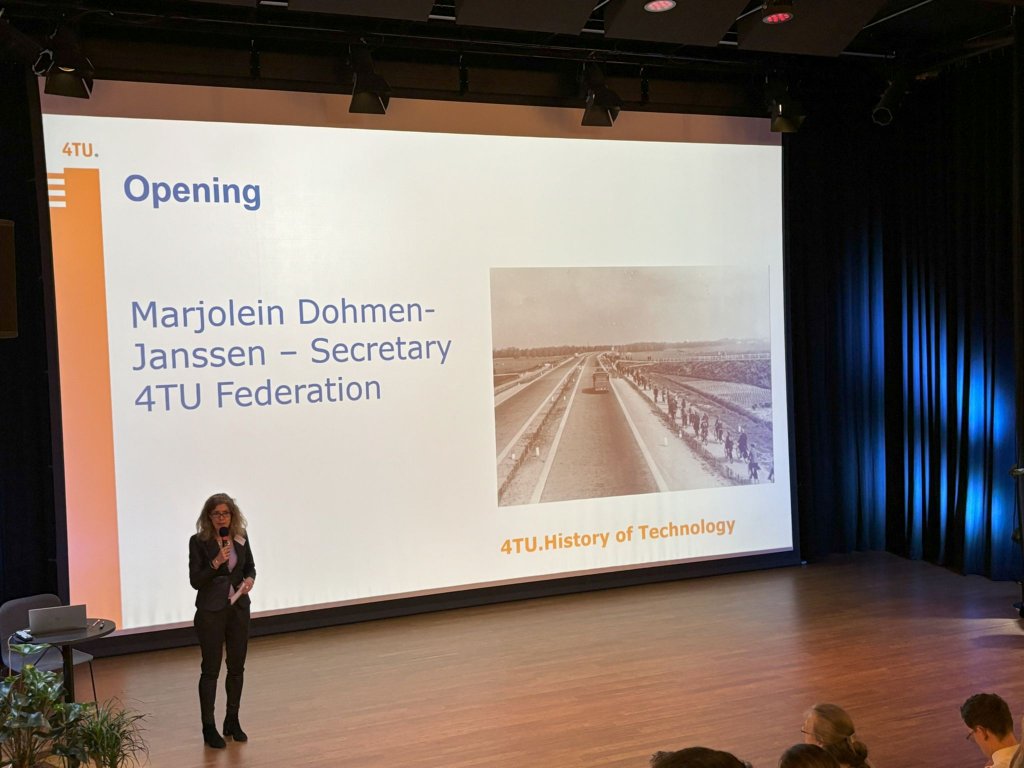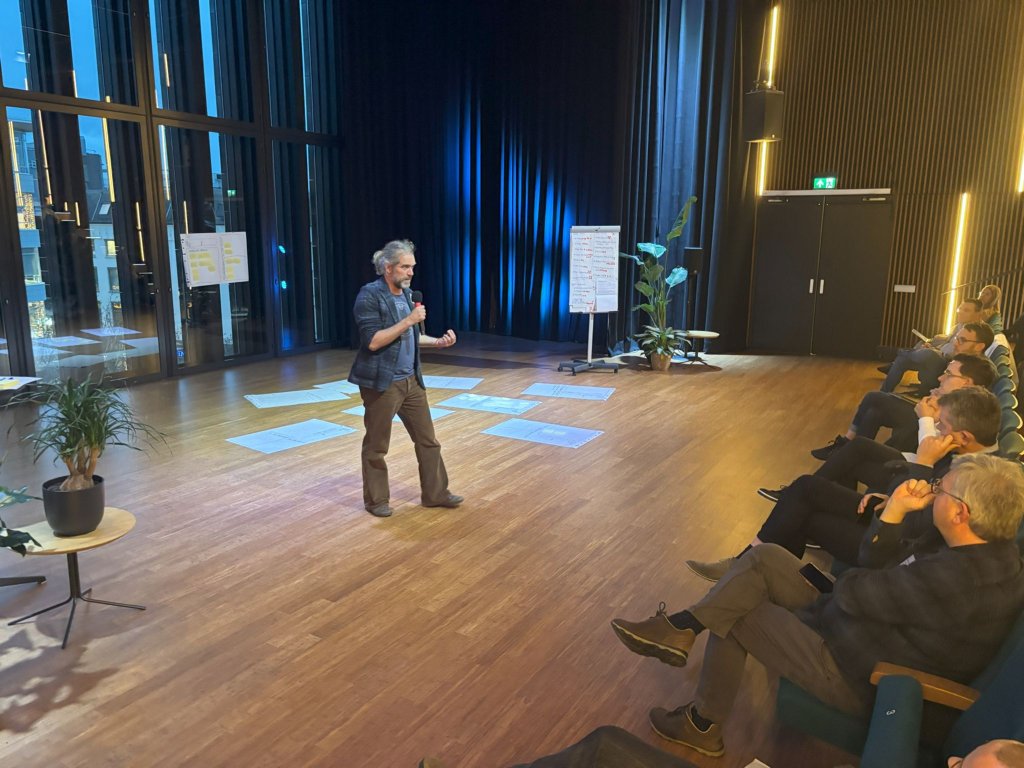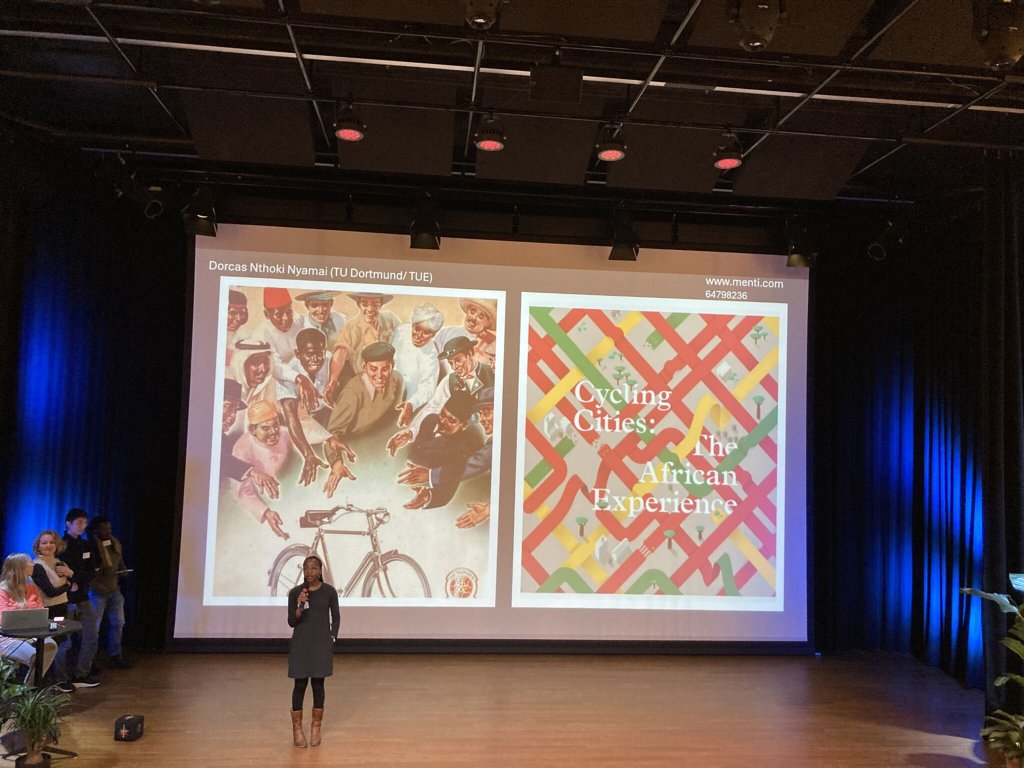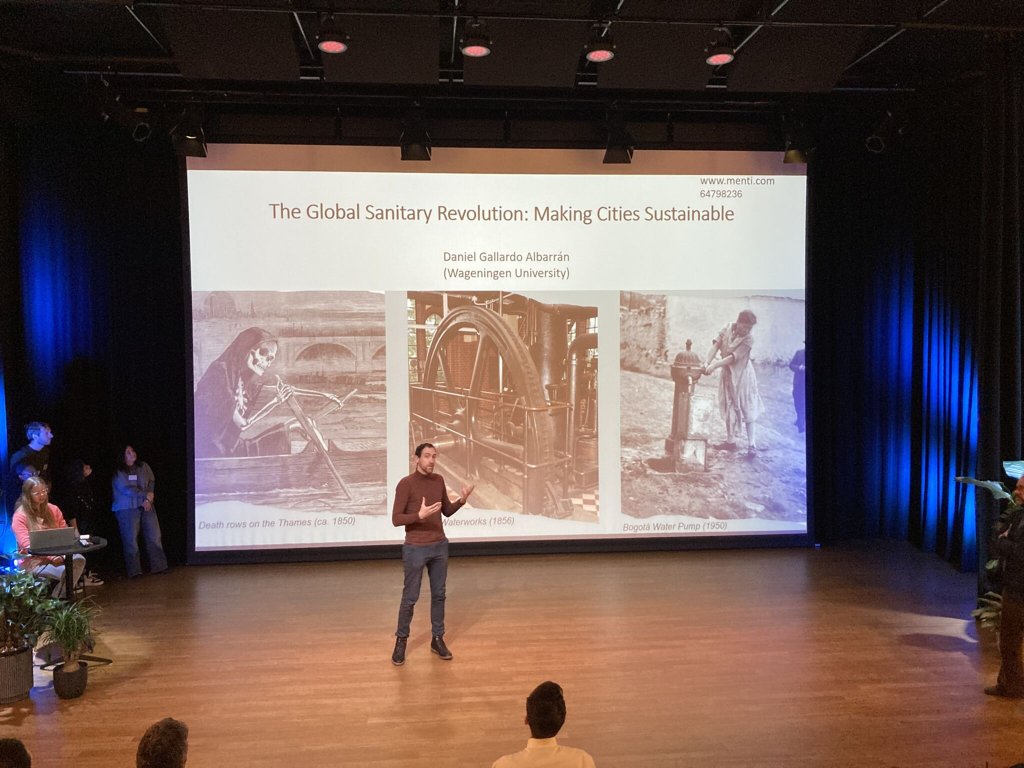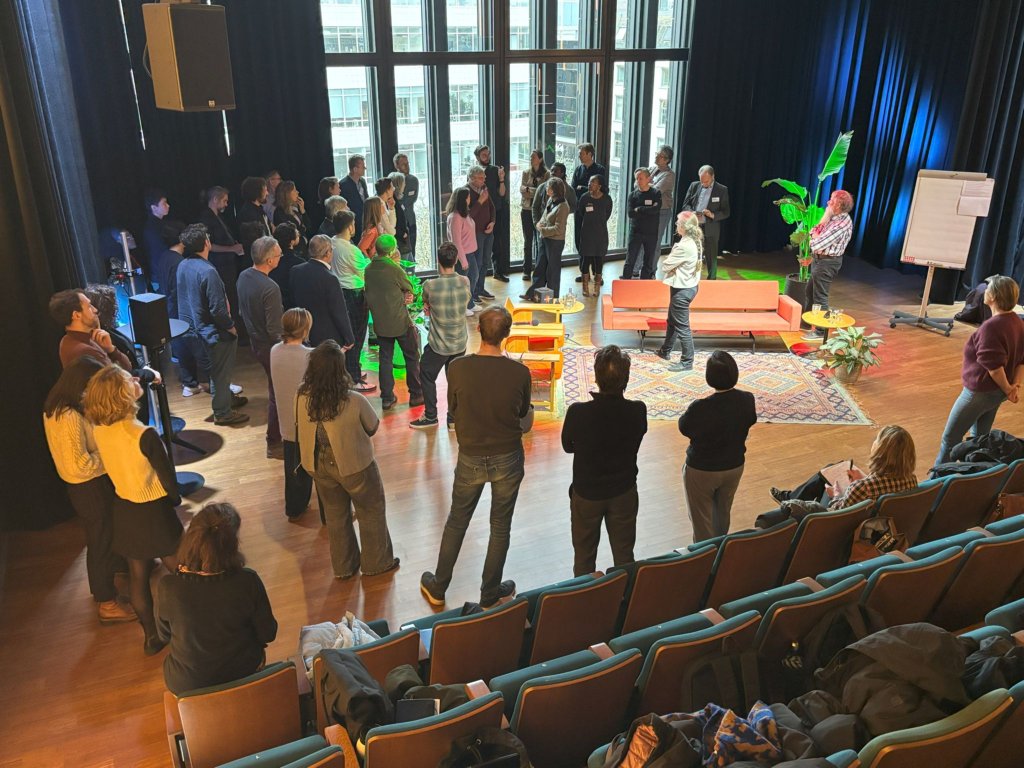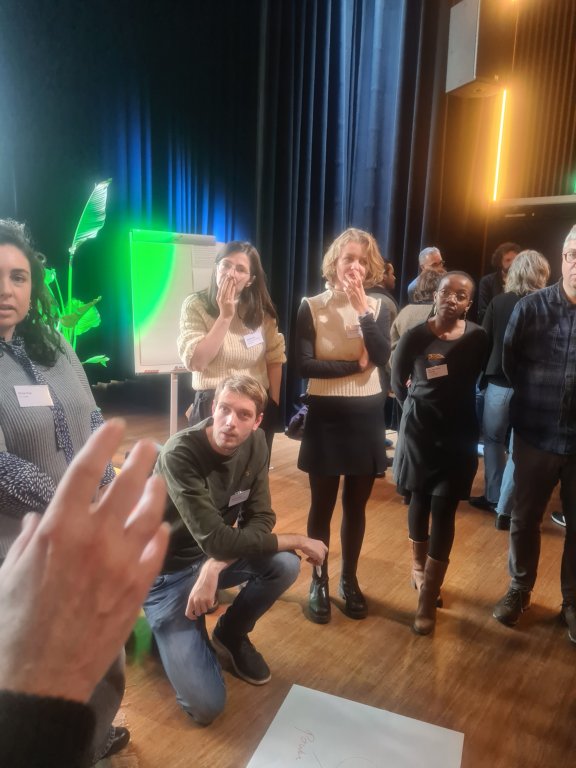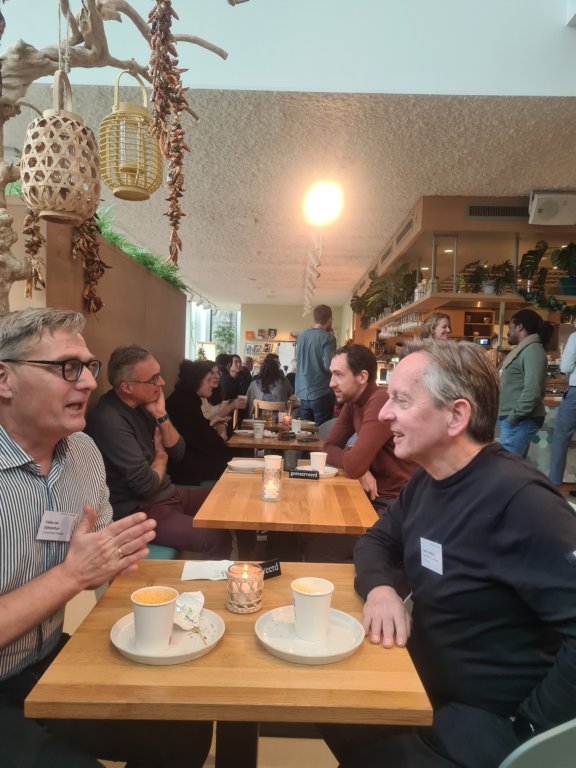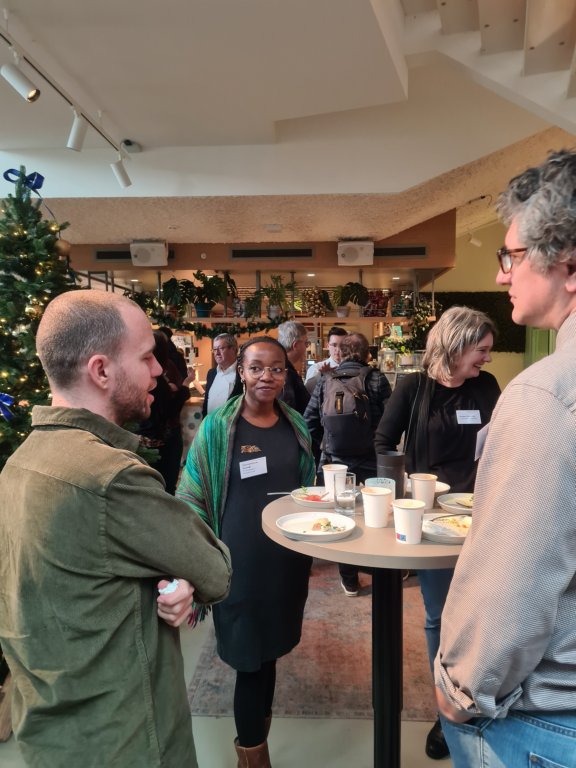''History as source and laboratory for today's and tomorrow's challenges''
A group of sixty early career and established historians and other colleagues from universities, knowledge institutions and museums gathered in the old main post-office (Neude11) in Utrecht on Friday, December 6, for the first annual symposium of the 4TU.History of Technology centre. They had been invited by Jan Korsten (Managing director) and Erik van der Vleuten (scientific director) to set the agenda for this new 4TU centre. What opportunities could they identify for collaboration and how could the centre stimulate and facilitate this?
In her opening speech, 4TU Secretary Marjolein Dohmen-Janssen addressed the added value of the history of technology. ‘'We are at the doorstep of some huge societal transitions which may scare people for the future. But the good news is: we have been there before. We have gone through many transitions in the past. And we can learn from the past how to go through these transitions successfully and avoid possible mistakes or failures'' she explained.
An environment where multiple types of researchers can flourish
Next it was scientific director Erik van der Vleuten who outlined the ambitions of the centre. 4TU.History of Technology aims to be a platform for collaboration on the history of technology. ‘’It wants to provide an environment where multiple types of researchers can flourish.’’ He named the broad scope of the research field as a strength. We are doing research in so many different fields. How great it would be to look for more collaboration in that regard. But also on teaching, joint fund applications and engagement. 'Let's discover where the energy is today. 4TU.History of Technology has seed money to boost this.'
Pitches young PhDs and postdocs
How varied the domain of engineering history is, and also how it is not limited to national borders, was proven by the young PhDs and postdocs who got a few minutes each to pitch their research on stage. A wide range of research passed by, from the energy and agri food transition, the role of bicycles in African cities to the design of ports through the ages. Again and again it became clear how much we can learn from past transitions. For example, a study on the design of waterfronts through the ages. This is interesting material for the contemporary designer. How can today's designer learn from it in his effort to design climate-resilient?
Technology historians matter!
Everyone agreed that technology historians matter. Because of the enormously broad range of research being done by them, there is an enormous amount of knowledge about the use of technology in the transitions of then and now and how this can be applied in a sustainable way. ''History can be a very rich source and sometimes even a laboratory to help us tackle today's and future challenges!'' as one attendee excellently phrased it.
For making impact, interesting ideas were mentioned, from the Cycling Professor who generates impact with short tweets about streets then and now, an appealing exhibition on the TU Delft campus about the position of the university in the 1970s, to a podcast series with dialogues between a technology historian and other experts.
Next step: a manifesto
The last part of the day was reserved for a World Café setup where groups discussed how to collaborate on themes such as sustainability, transitions & innovations, digital transition, engagement, and energy. The idea is to incorporate the outcomes of this discussion into a Manifesto for the centre that will include what the focus areas will be for the coming years.
The organization and the attendees look back on a very successful first annual conference and foresee an active network where the ideas and the Manifesto can be further developed.
